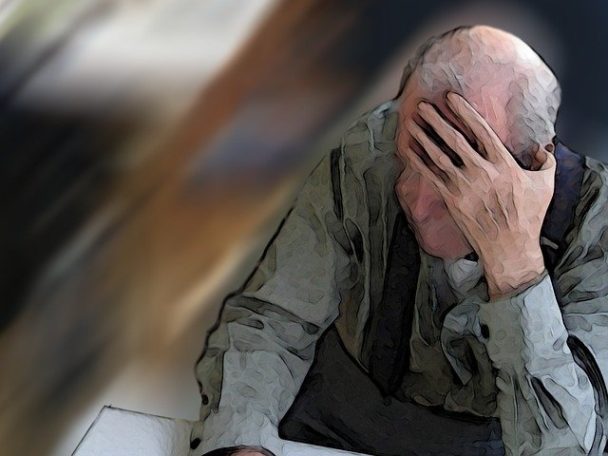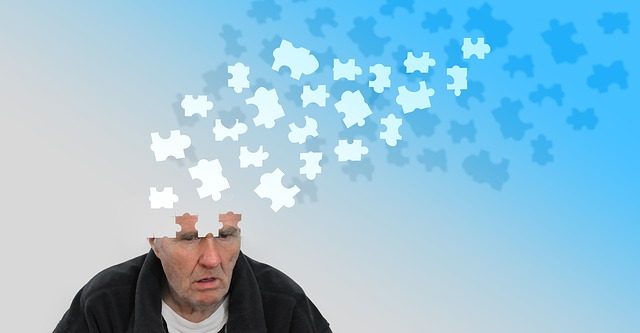These four indicators can be signs of Alzheimer’s .
It's normal to become a little forgetful as you get older. Most people only have little forgetfulness or dementia, while Alzheimer's disease affects one out of every 14 persons over the age of 65. Once you reach the age of 85, you have a one in six probability of dying. But how do you spot the indicators of Alzheimer's disease in its early stages? Go on to the next page to find out.
Cause
The term "Alzheimer's" and "dementia" are frequently interchanged, and most people use them interchangeably. Alzheimer's disease, on the other hand, is a type of dementia. Many people get dementia as they age, but not everyone develops Alzheimer's disease. Alzheimer's disease is caused by a brain mutation and is a degenerative condition, which means it grows worse with time. Proteins known as plaques and tangles are thought to be accumulated in the brain, limiting communication between nerve cells. This limitation will eventually result in memory loss and forgetfulness. Although there is no scientific evidence that these proteins cause Alzheimer's disease, they do raise the chance of acquiring the condition when combined with high blood pressure and a high cholesterol level. The specific cause has yet to be determined by researchers.
1. Forgetfulness

Forgetfulness is perhaps the most common sign of early-onset Alzheimer's. This is also one of the more obvious signs. Alzheimer's disease patients have difficulty processing new information and suffer from memory loss. Reading, speaking, writing, and simple math problems are all possible symptoms.
There are a few more symptoms that can indicate Alzheimer's disease besides memory loss. Read more about these symptoms..
You can also recognize Alzheimer’s by these symptoms:
2. Cognitive abilities

Alzheimer's patients have problems remembering things and keeping new information. They will also be unable to reason, judge, determine, or comprehend. They'll have a hard time accomplishing things on their own. Alzheimer's patients lose their ability to take initiative and frequently become bewildered.
3. Losing touch with reality
Many persons with Alzheimer's begin to lose touch with reality, resulting in delusions that contradict reality. They become skeptical, paranoid, and distrustful as a result of this. Because they can't understand what's going on, Alzheimer's patients frequently accuse their partners, children, or caretakers of stealing or lying. Hallucinations are another symptom of Alzheimer's disease.
4. Trouble with everyday activities
Activities that were formerly simple will become increasingly challenging. Consider mundane chores like doing the dishes or running errands. Alzheimer's disease causes people to become clumsy and forgetful. Social bonds, on the other hand, are frequently preserved. Therefore, Close friends and family members are sometimes unaware of signs until the patient's condition rapidly deteriorates.




